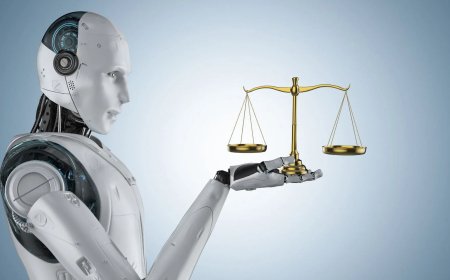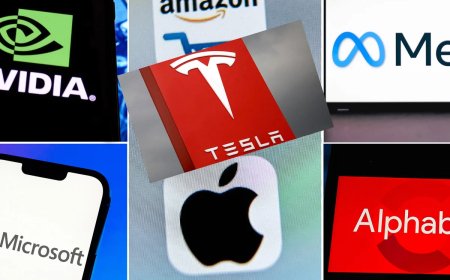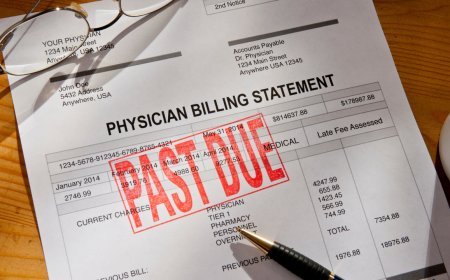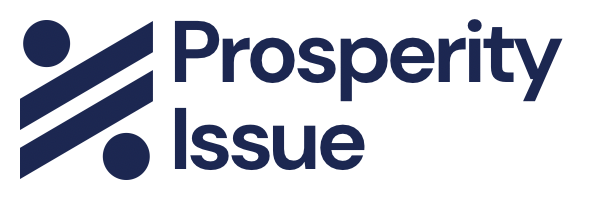The Data Harvesting Economy: How Your Personal Information Became a $200 Billion Industry

Every Google search, Facebook like, Amazon purchase, and smartphone location ping generates data that companies collect, analyze, and monetize. The global data broker industry is worth over $200 billion annually, making personal information one of the world's most valuable commodities - except the people generating it receive nothing.
The Invisible Data Collection Machine
The average smartphone collects location data every few minutes, monitors app usage, records voice commands, and tracks browsing patterns. This data is shared with dozens of companies through advertising networks, analytics services, and data partnerships most users never consent to.
Smart TVs, home assistants, fitness trackers, and connected cars collect additional streams of personal data. Your daily life generates thousands of data points that companies use to predict and influence your behavior.
The Surveillance Capitalism Business Model
"Free" services like Google, Facebook, and TikTok aren't actually free - users pay with personal data that's more valuable than subscription fees. Google generates over $250 billion annually by selling access to user attention based on detailed behavioral profiles.
These companies don't sell data directly - they sell the ability to target specific demographics, interests, and behavioral patterns with surgical precision. Advertisers pay premium rates for access to people who are likely to buy specific products.
The Data Broker Shadow Market
Data brokers like Acxiom, LexisNexis, and Epsilon collect information from public records, commercial transactions, and social media to create detailed profiles on nearly every American adult. These profiles include income estimates, health conditions, political affiliations, and purchasing patterns.
This information is sold to employers, landlords, insurance companies, and marketers without individual consent or knowledge. People become commodities in a market they didn't know existed.
The Financial Surveillance Network
Credit card transactions, bank transfers, and digital payments create detailed records of personal spending patterns. Financial institutions sell this data to marketing companies, which use it to predict creditworthiness, health status, and life changes.
A pattern of pharmacy visits, gym memberships, and healthy food purchases might improve your insurance rates, while fast food purchases and late-night spending could trigger higher interest rates or insurance premiums.
The Location Tracking Goldmine
Smartphone location data reveals where people live, work, shop, socialize, and travel. This information is extremely valuable to retailers, real estate companies, political campaigns, and government agencies.
Companies like SafeGraph and Veraset sell location data from millions of smartphones, allowing customers to analyze foot traffic patterns, demographic movements, and competitive intelligence. Your movement patterns become market research.
The Health Data Exploitation
Health apps, fitness trackers, and medical devices collect sensitive health information that's shared with data brokers, insurance companies, and pharmaceutical companies. This data can affect insurance rates, employment opportunities, and access to healthcare.
Mental health apps share emotional states and psychological profiles. Fertility apps share reproductive health data. Sleep trackers share daily routine information. All of this creates vulnerabilities that can be exploited by employers, insurers, and government agencies.
The Political Manipulation Machine
Political campaigns use personal data to micro-target voters with customized messages designed to influence elections. The Cambridge Analytica scandal revealed how Facebook data was used to manipulate voter behavior through psychological profiling.
Foreign governments and domestic political actors can purchase access to the same data systems, using personal information to spread disinformation, suppress voting, or destabilize democratic processes.
The Economic Inequality Amplifier
Wealthy individuals can pay for privacy protection services, use premium devices with better security, and avoid data collection through paid alternatives to "free" services. Poor people are more likely to use free services that harvest data and have less ability to protect their privacy.
This creates a two-tier system where privacy becomes a luxury good available mainly to people who can afford to buy it, while everyone else subsidizes "free" services with their personal information.
Three Privacy Protection Strategies
1. Data Minimization: Use privacy-focused alternatives like DuckDuckGo (search), Signal (messaging), and Brave (browsing). Pay for services rather than using "free" versions when possible.
2. Device and Account Security: Turn off location tracking, limit app permissions, use VPNs, and regularly review privacy settings. Assume default settings are designed to maximize data collection.
3. Legal Action: Support privacy legislation, file complaints with state attorneys general about privacy violations, and join class action lawsuits against companies that misuse personal data.
The Regulatory Awakening
Europe's GDPR gives individuals rights to know what data is collected, request deletion, and receive compensation for privacy violations. California's CCPA provides similar protections, and other states are considering privacy legislation.
But federal privacy legislation remains stalled while the data harvesting industry continues expanding and developing new collection methods faster than regulations can address them.
The Future of Digital Autonomy
The data economy represents a fundamental shift where human behavior becomes raw material for corporate profit. Without strong privacy protections, individuals lose control over their own information and become subjects of corporate surveillance.
Reclaiming digital autonomy requires recognizing that privacy is not just a personal preference but a prerequisite for human dignity and democratic society.
What's Your Reaction?
 Like
0
Like
0
 Dislike
0
Dislike
0
 Love
0
Love
0
 Funny
0
Funny
0
 Angry
0
Angry
0
 Sad
0
Sad
0
 Wow
0
Wow
0












































